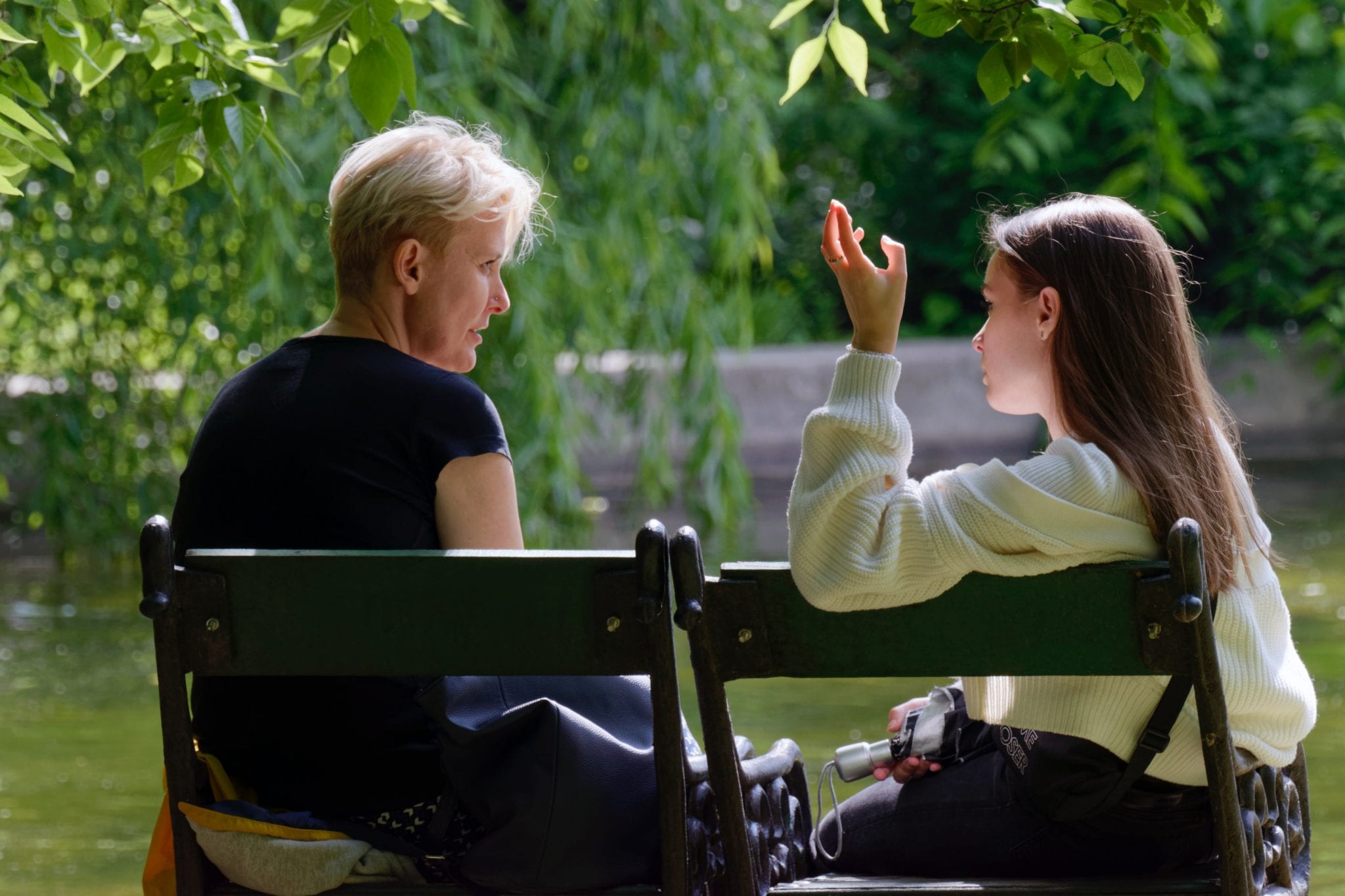Life brings change and challenges under normal circumstances, and even more so during the current COVID-19 global pandemic. Routines are very important to maintain normalcy and groundedness for families and are very important, especially for military families. Military families already go through events like deployment, multiple moves, and transitions. And it was a huge transition for us all at the beginning of quarantine. With social distancing, this included working and attending school online virtually. And now we are on the other side of that transition, with communities, families, and schools already a few weeks into a new school year.
Adaptability is a trait that members of military families need to be able to pick up quickly. But change can come fast, and military families can struggle with transitions. With these transitions, what are some of the best ways we as professionals can help military families specifically, with re-establishing some sense of normalcy and to help maintain routines during reopening amid the ongoing COVID-19 health crisis?
One resource we found that could help comes from the Child Mind Institute, and this info helps specifically with talking to teenagers about staying safe and healthy. Tips include:
- Hearing your teen out and establishing open lines of communication. Easier said than done but, it’s important not to dismiss their concerns, even if it seems trivial.
- Empathize with teens and validate their feelings. Also, personalize the situation, especially if they haven’t seen the direct effects of COVID-19 by citing the danger for older family and friends. This includes discussing what the next year could look like if we don’t take proper precautions with schools and businesses potentially closing back up or more mandatory quarantines.
- Stick to the facts when discussing the current health crisis and be sure to get those facts from trusted sources. This can go a long way in normalizing things without making it sound like it’s the end of the world as we know it.
- Link independence with safety by giving teens freedom of choice in how they maintain that safety. No one wants to be told what to do, so give them options on how to stay safe in public.
- Finally, prepare for tricky situations. This great quote from Dr. Macchia sums this up perfectly: “Just like you would with a kid whose friends are engaging in other dangerous behaviors, like substance use, you want to validate how hard this is for your child to navigate.”
To help parents and professionals, we at OneOp have released our most recent Anchored podcast episode entitled, “Supporting Teens during COVID-19 with Dr. Stephen Cozza and Sarah Steward.” This episode is all about supporting military family health, well-being, and readiness by providing resources for helping teens cope during the COVID-19 crisis. It features Dr. Stephen Cozza, Professor of Psychiatry at Uniformed Services University and Associate Director of the Center for the Study of Traumatic Stress, and Sarah Steward, a subject-matter expert on Social Fitness and Family Relationships at the Consortium for Health and Military Performance. To listen to this podcast episode, click here.
This year has been unprecedented in the changes that the average family has had to face during the ongoing COVID-19 pandemic. However, with the more resources we have, we can successfully move forward in helping to keep families prepared and healthy.
References
Jacobson, R. (2020). Teenagers and Reopening. Child Mind Institute. Retrieved from: https://childmind.org/article/teenagers-and-reopening/?utm_source=newsletter&utm_medium=email&utm_content=%20Parents%20Guide%20to%20Problem%20Behavior&utm_campaign=Weekly-05-26-20
Blog Post Image:Pexels [Mother and daughter speaking on stools in a garden by Candid Shots, June 2, 2020, CC0]













